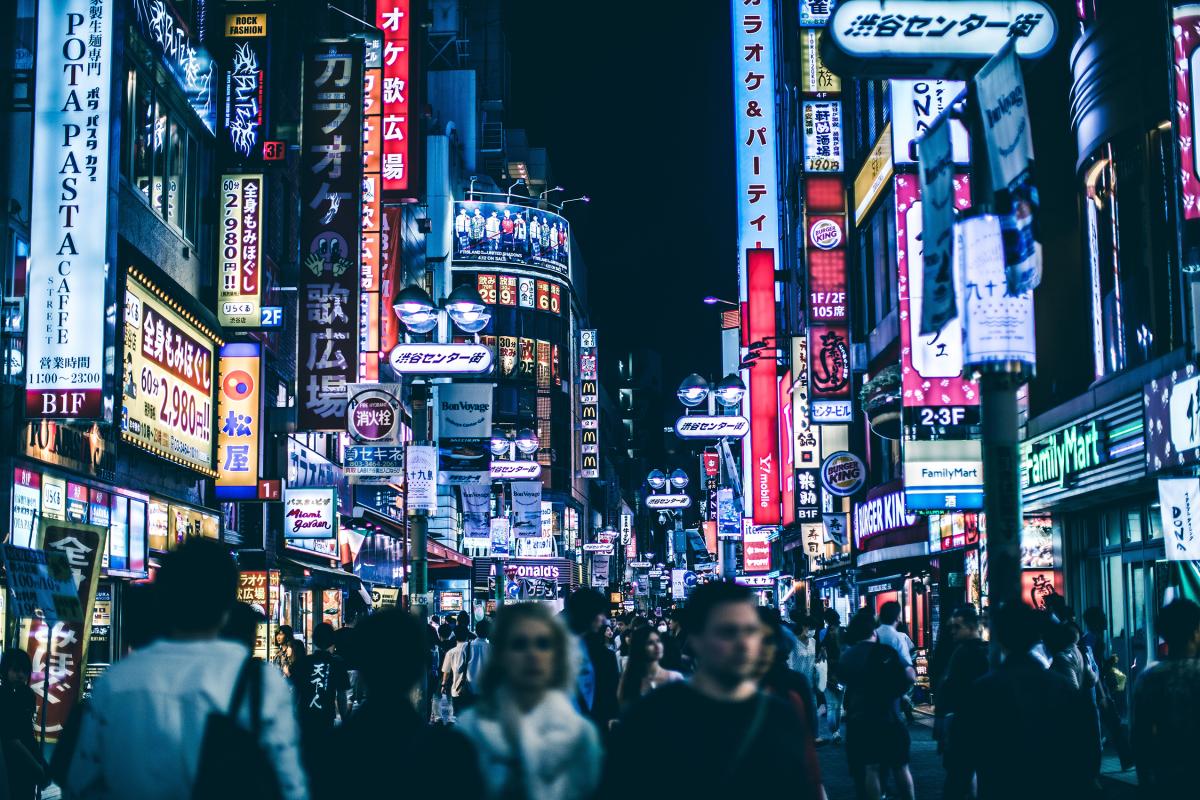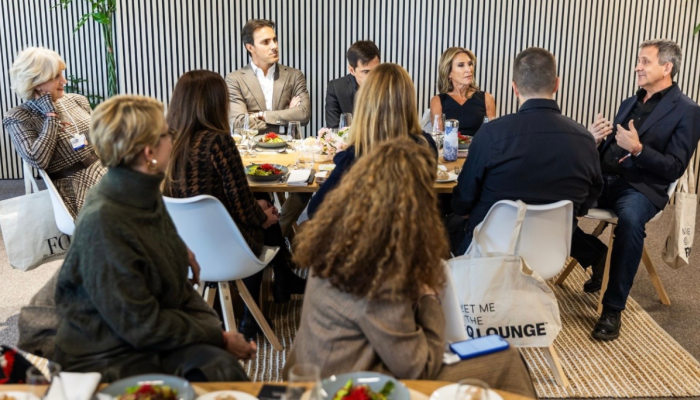I recently had the pleasure of sharing the stage with Jo McCrostie the Creative Director of Global, The Media and Entertainment Group, at ABTA Travel Convention in Tokyo. This article is a brief overview of my observation of some of the challenges facing the travel industry in particular and the wider business community in general, in attracting the new generation of digital-native consumers.
Jo McCrostie and I had prepared an in-depth presentation on how to harness the power of audio to attract the younger generation. Not to my surprise, one of the most common feedback that I received from company owners and marketing directors following our presentation was “Fascinating presentation, but we are not worried about millennials, yet!”, or that “our primary clientele consists of baby boomers.”
I say not to my surprise because I encountered this attitude across many industries when I interviewed C-Level executives of many companies during the making of my 2018 documentary, “The Millennial Disruption”.
Here are four points that I would remind anyone who says millennials are not relevant to our marketing.
Age: Millennials are not as young as you may think. Most people think millennials are younger than they are. The oldest millennials turn forty years old in 2020 and they are quickly approaching their prime spending years. Moreover, being a millennial is not just about someone’s age. It’s about how people’s behaviour is impacted by technology. So you may be a baby boomer or a Gen Xer, but you may behave like a millennial, which brings me to the next point.
Influence: Millennials have reversed the psychology of influence in society. In the past the younger generation asked their seniors for advice on what to buy and where to travel. However, today things have changed. The older generation often asks millennials (and even Gen Z), for their input when making purchasing decisions. So this is a generation that not only impacts its own peers, it also impacts the consumer behaviour of the previous generations.
Bridge: I often argue that millennials are the most important generation in human history. Yes I mean in the past thousands of years, no generation has had such a huge potential impact. Before you rush to dismiss it, hear me out! You see, millennials are the bridge between the pre-digital and post-digital world. When you look at Gen Z, (those born after 2000), you will notice a complete lack of understanding of what life could be like without digital technologies.
Millennials, however, came into contact with digital technologies in their teenage days, and most of them, especially those born in the 1980s and early 1990s, have an understanding of the pre-digital world and they still share some values with their predecessors. Whilst both millennials and Gen Z are digital natives, Gen Z is also going to be AI native, as they will grow up with Alexa, Siri, driverless cars, etc.
Values: No matter what you sell, if your company can’t reach the millennial generation, it is unlikely to survive the next generation of digital consumers. The intricacies of the business landscape in the world of Artificial Intelligence goes far beyond marketing. In a world where we are increasingly delegating our decision making to machines that are learning our habits and preferences, the question becomes whether we even need humans as consumers anymore.
At the same time, the current climate change crisis is increasingly impacting the way we think about our consumption habits and purchasing decisions. There is no way around it, we need to buy less, consume less, and produce less waste. Our generation understands this and is concerned about it. Our values have changed.
This may sound like a dystopian notion for company shareholders, but the truth is that many heritage brands simply won’t be around in the next few years. As we have already seen many of them going out of business in recent years. This is a much bigger question than that of marketing. Understanding the millennial generation, and our values and challenges are fundamental to the survival of any brand who cares about being around in the next few decades.
In conclusion, I will reiterate what Jo and I discussed in our presentation: no matter what industry you are in millennials are indeed relevant to your marketing, the medium of sound serves a powerful (and under-exploited) role in engaging with this elusive generation.
Somi Arian is a film director, tech philosopher, Founder of Smart Cookie Media and Co-Founder of Career Drive. Watch her award-winning documentary “The Millennial Disruption”.



